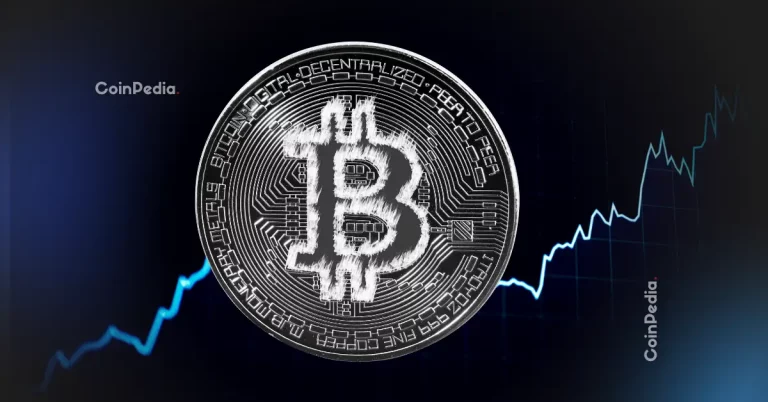
Navigating the Future: Emerging Trends in Fintech Technology
Fintech technology is revolutionizing the way we think about finance, and it’s essential to stay ahead of the curve to remain competitive. Emerging trends in fintech are transforming the industry, from mobile payments to artificial intelligence, and it’s crucial to understand these developments to navigate the future of finance. In this article, we’ll delve into the latest emerging trends in fintech technology and explore how they’re shaping the industry.
Introduction to Fintech

Fintech, short for financial technology, refers to the intersection of finance and technology. It involves the use of technology to improve and automate financial services, making them more accessible, efficient, and cost-effective. Fintech has been around for decades, but it’s only in recent years that it has gained significant traction, with the rise of mobile payments, digital wallets, and online lending platforms.
Emerging Trends in Fintech

Several emerging trends are transforming the fintech landscape, including:
- Artificial Intelligence (AI): AI is being used to improve customer service, detect fraud, and provide personalized financial recommendations.
- Blockchain: Blockchain technology is being used to create secure, transparent, and tamper-proof financial systems.
- Mobile Payments: Mobile payments are becoming increasingly popular, with the rise of digital wallets and contactless payments.
- Robo-Advisors: Robo-advisors are automated investment platforms that use algorithms to provide personalized investment advice.
- Biometric Authentication: Biometric authentication is being used to improve security and convenience in financial transactions.
Impact of Emerging Trends on the Fintech Industry

The emerging trends in fintech are having a significant impact on the industry, from improving customer experience to reducing costs and increasing efficiency. Some of the key benefits include:
- Improved Customer Experience: Fintech is enabling customers to access financial services anytime, anywhere, and on any device.
- Increased Efficiency: Fintech is automating manual processes, reducing the need for human intervention, and increasing the speed of transactions.
- Reduced Costs: Fintech is reducing the need for physical infrastructure, such as bank branches, and minimizing the need for human labor.
- Enhanced Security: Fintech is providing advanced security measures, such as biometric authentication and encryption, to protect customer data.
Conclusion

Navigating the future of fintech technology requires a deep understanding of the emerging trends and their impact on the industry. By embracing these trends, businesses and individuals can stay ahead of the curve and remain competitive in a rapidly changing landscape. Whether it’s AI, blockchain, or mobile payments, the future of fintech is exciting and full of possibilities.
Future of Fintech

The future of fintech is promising, with new technologies and innovations emerging every day. Some of the potential developments that could shape the future of fintech include:
- Quantum Computing: Quantum computing has the potential to revolutionize the way we think about finance, enabling faster and more secure transactions.
- Internet of Things (IoT): IoT has the potential to enable new forms of payment and financial transactions, such as smart home devices and wearable technology.
- 5G Networks: 5G networks have the potential to enable faster and more reliable financial transactions, enabling new forms of mobile payment and digital wallet technology.
Challenges and Opportunities

While the future of fintech is promising, there are also challenges and opportunities that need to be addressed. Some of the key challenges include:
- Regulatory Frameworks: Regulatory frameworks need to be updated to accommodate new fintech technologies and innovations.
- Cybersecurity: Cybersecurity is a significant concern in fintech, with the need for advanced security measures to protect customer data.
- Financial Inclusion: Fintech has the potential to enable financial inclusion, providing access to financial services for underserved communities.
Conclusion

Navigating the future of fintech technology requires a deep understanding of the emerging trends, challenges, and opportunities. By embracing these trends and addressing the challenges, businesses and individuals can stay ahead of the curve and remain competitive in a rapidly changing landscape. Whether it’s AI, blockchain, or mobile payments, the future of fintech is exciting and full of possibilities.






